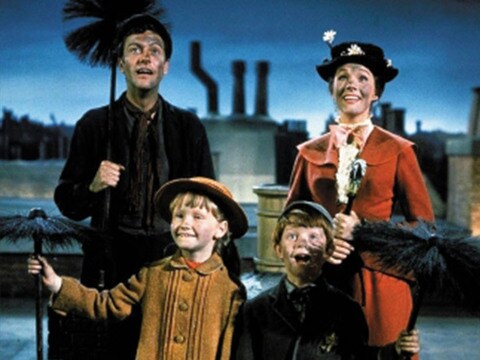
OK, here’s a test for you: spell the word supercalifragilisticexpialidocious. Even though the sound of it might well be called atrocious.
Did you get it right? Our memory says it was introduced to us in the movie Mary Poppiins.
How about this one: antidisestablishmentarianism? A bit shorter, we think, than Mary’s melodic tongue twister, and we’re not sure where it surfaced in the public realm.
Aha…we just looked it up, and it popped into view in the 1950’s on a TV show called “The $64,000 Question.” Those are the really early TV days.
The word we’re coming to you with here is nowhere near as long as those two memory floggers, but it has actual relevance to the civic cultural vortex we currently find ourselves spinning around in.
The word is….
“Identitarianism”
Say that ten times fast with a mouth full of rinse and see how you do.
We discovered the word in a recent magazine article.
Here are the opening paragraphs:
Just when it seemed as if the election of Donald Trump had rendered his supporters incoherent with triumphalism and his detractors incoherent with rage—thereby dumbing-down political conversation for a long time to come—something different and more interesting happened. A genuine debate has sprung up among liberals and progressives about the subject of the hour: identity politics.
Jump-started by a short manifesto called The Once and Future Liberal: After Identity Politics by Columbia University professor Mark Lilla, it’s a conversation worth following for reasons beyond partisanship. As in his New York Times essay published 10 days after Trump’s electoral victory, Lilla’s purpose in this broadside is two-fold: to excoriate identity politics, sometimes called “identity liberalism,” and to convince his “fellow liberals that their current way of looking at the country, speaking to it, teaching the young, and engaging in practical politics has been misguided and counterproductive.”
We won’t kid you; it’s a fairly long and semi-academic article, but we found it most illuminating. And we sincerely hope you’ll take the time to read it.
It has some very memorable insights, and clarifies the unifying elements in what we see going on everywhere these days, including right here in our little corner of the world, and at sedate little colleges like Bowdoin, tucked away as they are in innocent locations like Brunswick.
We found it really instructive, and intend to read it again, and probably again after that. Somehow, knowing the worst can be “liberating,” if you’ll exuse our flight of fancy.
You’ll find the entire article here: http://www.weeklystandard.com/article/2010234
Don’t forget to commit the correct spelling to memory. Like the Readers Digest used to say, “use a word three times, and it’s yours.”




No comments:
Post a Comment